33+ SAMPLE Social Agreement
-
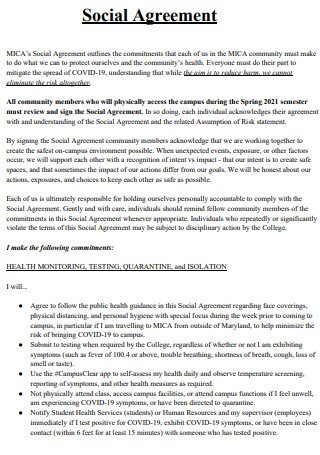
Social Agreement
download now -
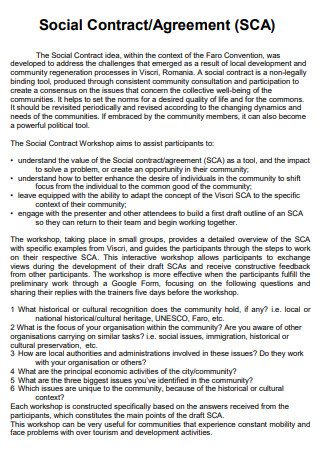
Social Contract Agreement
download now -
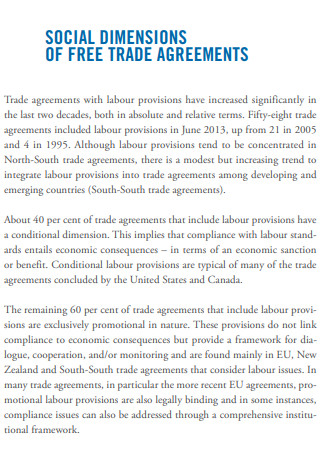
Social Dimensions of Free Trade Agreement
download now -
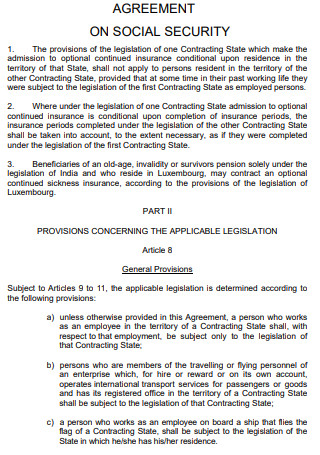
Social Security Agreement
download now -
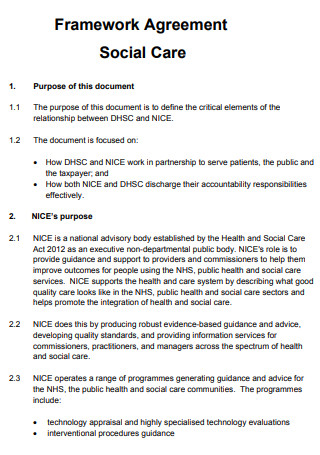
Social Care Farmework Agreement
download now -
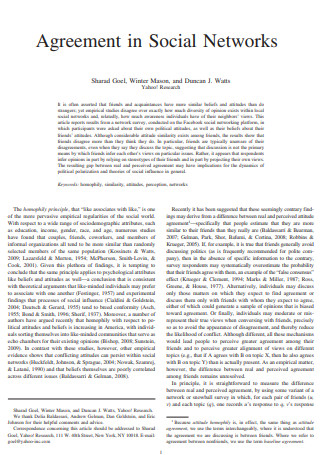
Social Networks Agreement
download now -
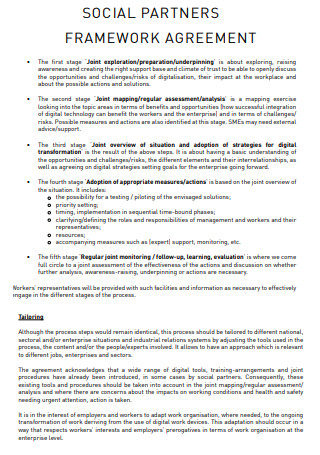
Social Partners Farmework Agreement
download now -
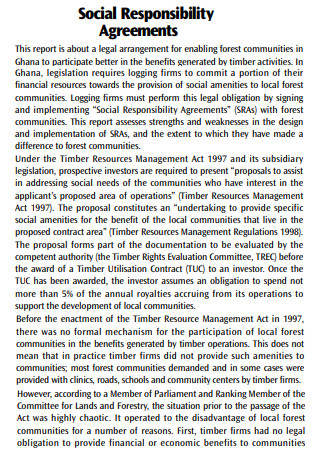
Social Responsibility Agreement
download now -
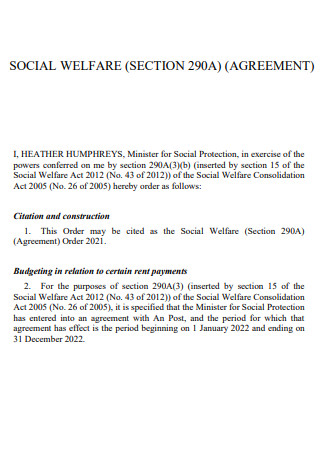
Social Welfare Agreement
download now -
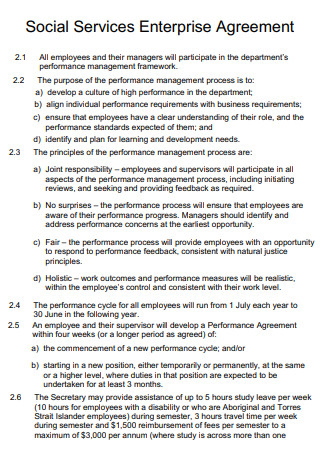
Social Services Enterprise Agreement
download now -
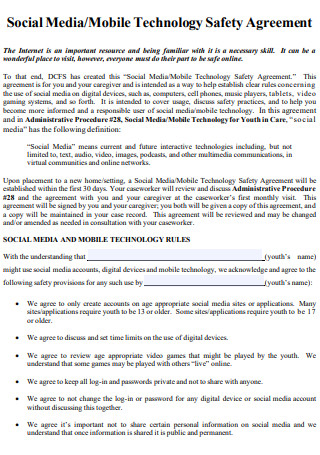
Social Mobile Technology Safety Agreement
download now -
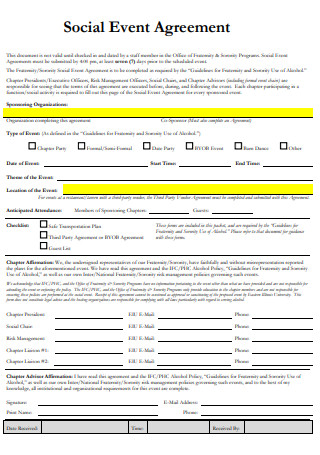
Social Event Agreement
download now -
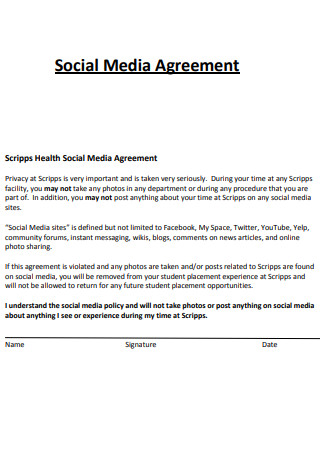
Social Media Agreement
download now -
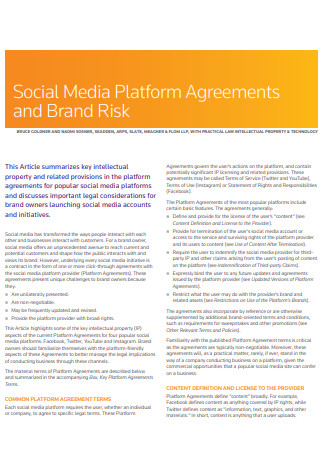
Social Media Platform Agreement
download now -
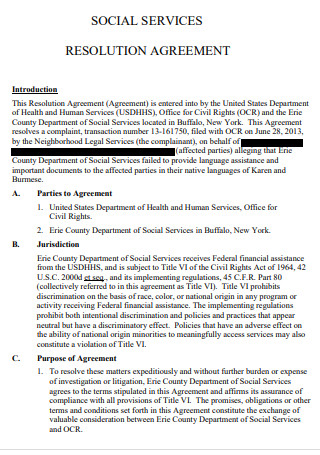
Social Service Resolution Agreement
download now -
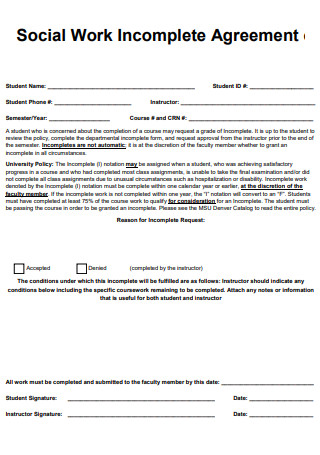
Social Work Incomplete Agreement
download now -
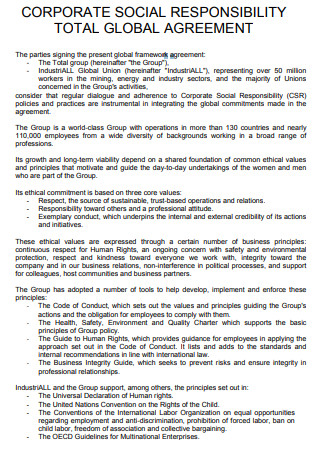
Corporate Social Responsiblity Agreement
download now -
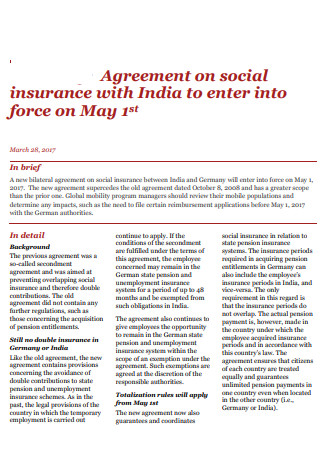
Social Insurance Agreement
download now -
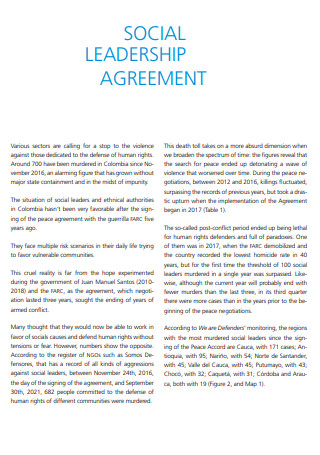
Social Leadership Agreement
download now -
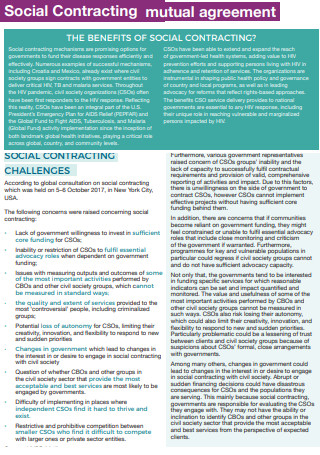
Social Contracting Mutual Agreement
download now -
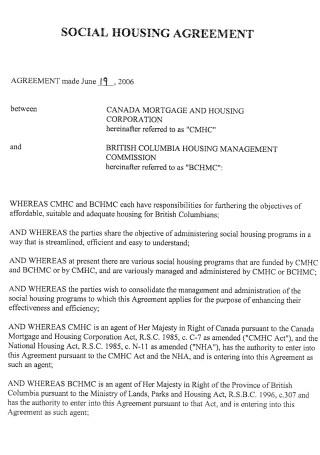
Social Housing Agreement
download now -
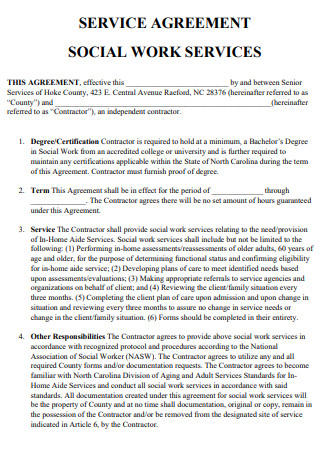
Social Work Service Agreement
download now -
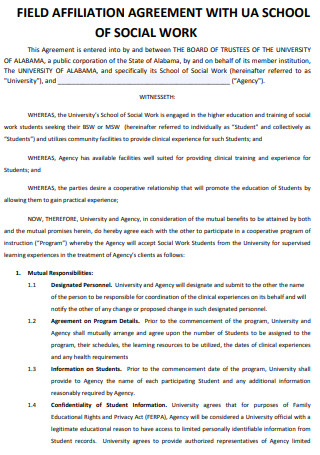
School of Social Work Agreement
download now -
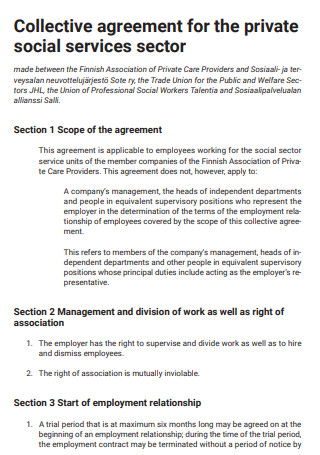
Private Social Collective Agreement
download now -
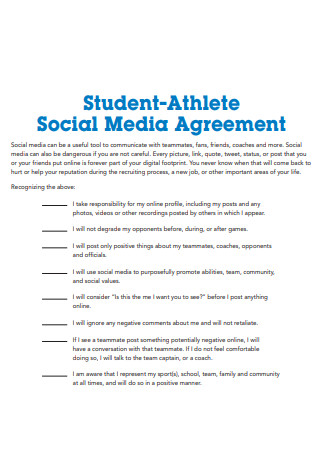
Student Athlete Social Media Agreement
download now -
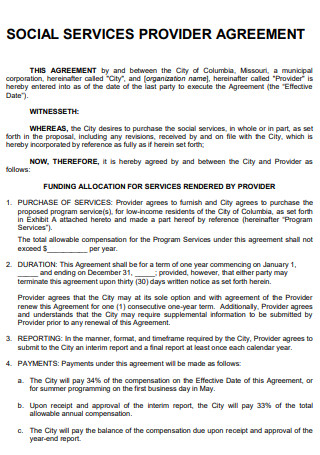
Social Service Provider Agreement
download now -
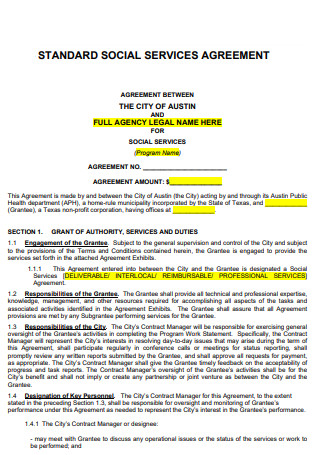
Standard Social Service Agreement
download now -
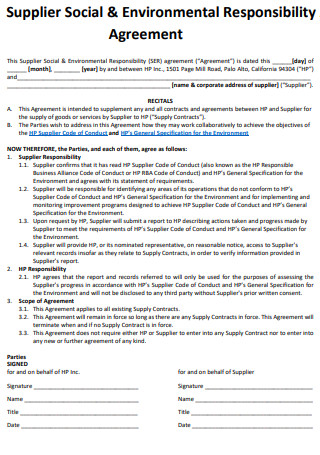
Supplier Social and Environmental Responsibility Agreement
download now -
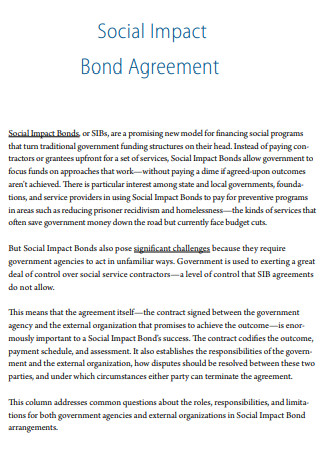
Social Impact Bond Agreement
download now -
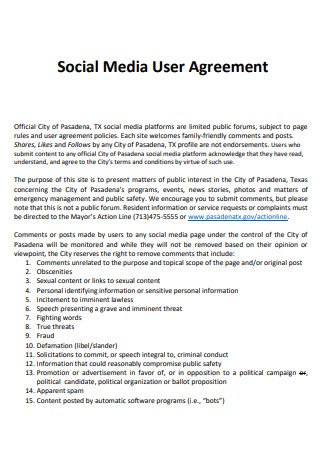
Social Media User Agreement
download now -
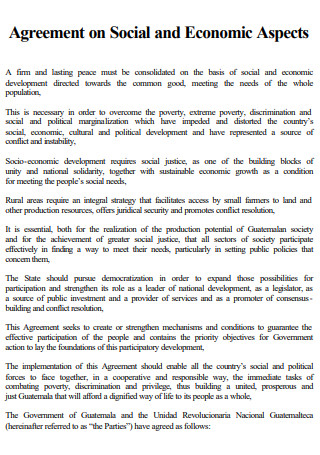
Social and Economic Agreement
download now -
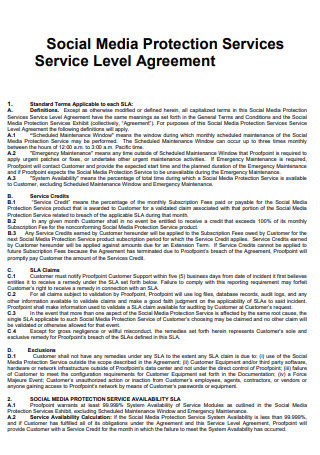
Social Media Protection Service Level Agreement
download now -
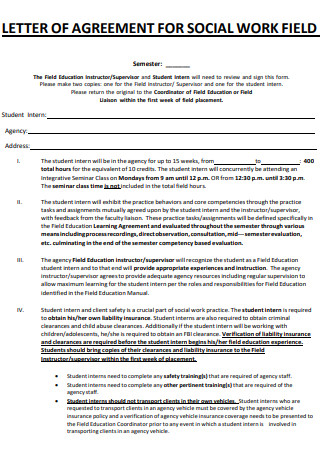
Social Letter of Agreement
download now -
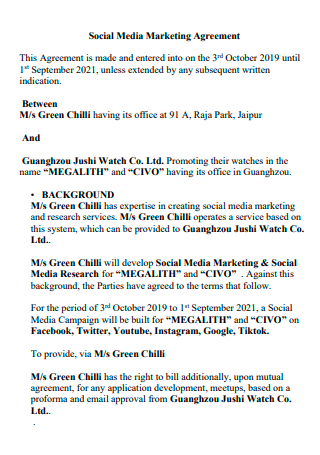
Social Media Marketing Agreement
download now
FREE Social Agreement s to Download
33+ SAMPLE Social Agreement
What Is a Social Agreement?
Examples of Social Agreements
Tips For Writing a Social Agreement
How to Create a Social Agreement
FAQs
What is an example of a social agreement?
Is a social agreement a contract?
What is a social agreement in business?
What is a social agreement in law?
What Is a Social Agreement?
A social agreement is a formal agreement or contract between members of a group or team. It is an agreement that sets rules, regulations and boundaries with regard to how members behave and operate within the group.
According to an online article published by the Stanford Encyclopedia of Philosophy, the social contract theory can be approached through contemporary lens by keeping in mind five basic elements. These five elements are the role of the social contract, the parties involved in the contract, the agreement itself, the object of the agreement and lastly, what the agreement is supposed to show.
Examples of Social Agreements
Social agreement is a pretty broad phrase; it can have many implications and it can apply to several areas or fields. The examples below explore and describe just some of the most common social agreements.
Tips For Writing a Social Agreement
Depending on the kind of social agreement you are crafting, there can be various ways to improve its content. The following examples are just some simple tips on how you can make your social agreement more practical and constructive.
How to Create a Social Agreement
The content of a social agreement would greatly depend on the kind of agreement. But if it is convenience that you are looking for, using a ready-made template will save you a ton of time and effort. Browse the selection of editable templates above, choose one that suits your needs and follow the instructions below.
Step 1: Identify the Parties Involved
The first step in creating a formal social agreement is establishing the parties entering into the agreement. Whether it is two, three or more parties, make sure to identify each clearly. Indicate the complete names of each party. Depending on the kind of social agreement, including the complete address of the parties can also be an option. Naming the parties is an important element of the introductory section of your agreement. To clearly highlight the identities of each party, you can use bold characters or underscore the names of the parties in your agreement.
Step 2: Outline the Responsibilities
The next step is defining the roles and responsibilities of each party. By its very nature, a social agreement implies that the parties establish promises and are expected to keep their end of the bargain. This declaration of promises and responsibilities is key to an effective social agreement. The responsibilities can be enumerated separately by using bullet points or numbers. For each item, make sure to use action words and a first person point of view. As mentioned in the previous section, using first person pronouns can help foster a stronger sense of accountability and ownership.
Step 3: Determine the Terms Of Agreement
Once you have covered all the responsibilities and expectations, proceed to outline the terms and conditions of the arrangement. A social agreement, like any formal contract, ought to be bound by ground rules. These rules or conditions serve as a guide that will aid behavior and decision-making of all parties involved. Of course, the specific terms will depend on the type of social agreement. For instance, a corporate social responsibility agreement might indicate agreement terms pertaining to the implementation schedule of projects, liability clause, insurance measures, sponsorship guidelines, etc.
Step 4: Formalize the Declaration
Lastly, a social agreement is still a formal agreement. So it is crucial to affirm the agreement of all participating parties. This can be done through a simple declaration statement. It does not need to be long, a brief sentence or two should be enough. Make sure to leave adequate space at the end of the social agreement for the signatories. The point is merely to formalize the contract by having the parties affix their name and signature as proof of agreement.
FAQs
What is an example of a social agreement?
Laws or policies that citizens are enjoined to observe can be an example of a social agreement. In this context, a social agreement is crafted with the purpose of maintaining law and order in a society. Other examples include a social media marketing agreement made between a client and a social media management agency.
Is a social agreement a contract?
In many ways, yes. A social agreement can either be a formal or informal contract that individuals enter into in order to preserve society and maintain a sense of community with each other.
What is a social agreement in business?
A social agreement in business is a formal contract that two or more parties enter into. Having an agreement helps to manage expectations on both sides; that is, the practical business side and the social implication of its business activities.
What is a social agreement in law?
A social agreement in law is essentially an agreement that serves as the guiding principle for citizens and institutions within a given context in society.
A social agreement can either empower or it can create inconvenience, if not executed the right way. Therefore, it is important to have a solid social agreement that is rooted in fairness and justice. Browse the wide collection of sample templates above, select one that reflects your needs and start crafting your own social agreement today!
